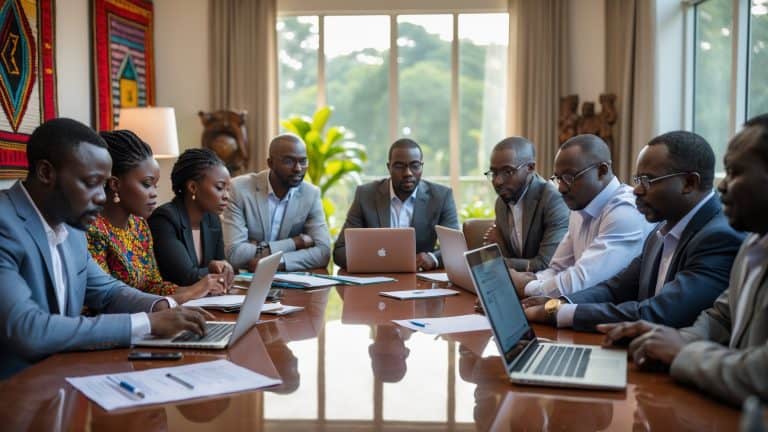This is a premium article written by one of our experts.
Check out

Unlocking Ghana’s Export Success: How China’s Zero-Tariff Policy Empowers Diaspora Entrepreneurs
China has rolled out a powerful economic opportunity for Ghanaian entrepreneurs abroad, yet it remains underutilized. The country’s zero-tariff policy, introduced as part of broader Sino-African trade reforms, eliminates export duties on 98% of Ghanaian goods, placing diaspora-led businesses in a globally competitive position. This policy is about more than removing costs; it’s a gateway to China’s $2.5 trillion consumer market, granting diaspora entrepreneurs the chance to blend Ghanaian craftsmanship with Chinese demand.

Ghana Land Titles: Registration Challenges and Legal Steps Explained
Understanding the legal framework and procedural requirements for registering land is indispensable for protecting your investment. Factors such as document verification, regulatory compliance, and proper surveying are critical for safeguarding ownership rights. Amidst ongoing systemic reforms, having the tools and knowledge to navigate the current environment is more crucial than ever.
This comprehensive guide explores the barriers to Ghana’s land registration system, outlines the necessary legal steps to secure property ownership, and offers practical solutions to address common challenges. Whether you’re buying land for personal use or investment, this roadmap will empower you to make informed decisions and protect your property rights.

Due Diligence in Ghana: Effective Strategies for Property Research and Risk Mitigation
This is a premium article written by one of our experts. Upgrade to Navigator or Pathfinder read the full article

Creating a Successful Investment Syndicate in Ghana: Your Guide to Collaborative Capital Formation
This is a premium article written by one of our experts. Upgrade to Navigator or Pathfinder read the full article

Unlocking Wealth: Invest in Ghana’s Promising Diaspora Ventures Today
What if an investment could enrich your portfolio while catalyzing transformative change in thriving African economies? That’s precisely the promise of Ghana’s diaspora-led ventures: robust financial returns seamlessly coupled with far-reaching societal impact.

Navigating Legal Investments in Ghana: Essential Strategies for Diasporan Entrepreneurs
With one of Africa’s fastest-growing economies, Ghana presents a wealth of opportunities for diasporan entrepreneurs. However, its legal and regulatory landscape can be challenging to navigate without the right preparation. Did you know that over 60% of foreign businesses in Ghana experience compliance failures due to overlooked regulations?
4 Comments
Comments are closed.